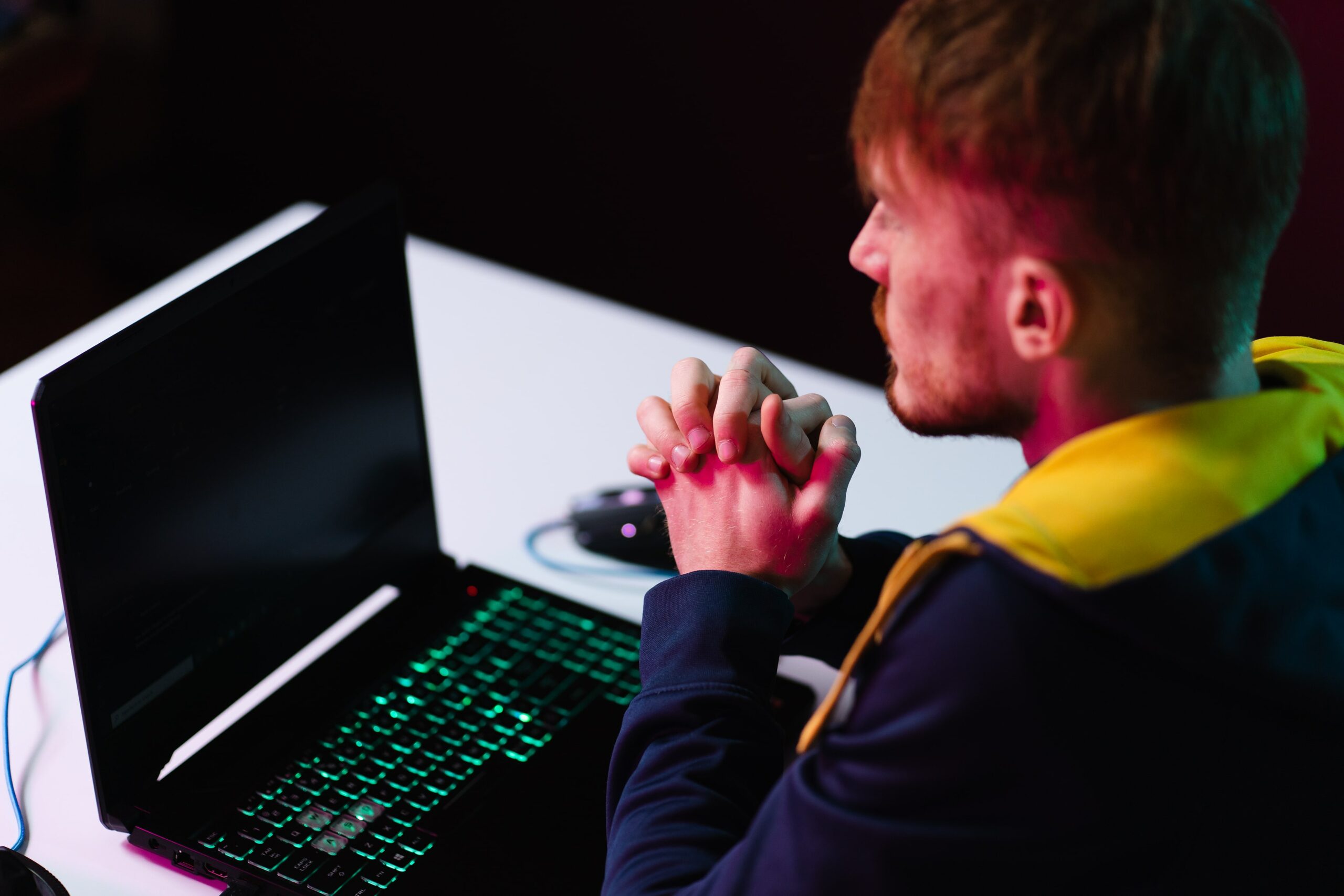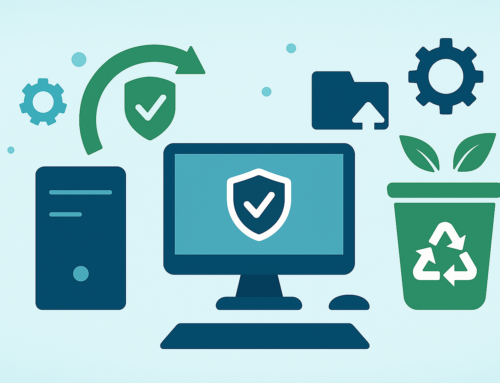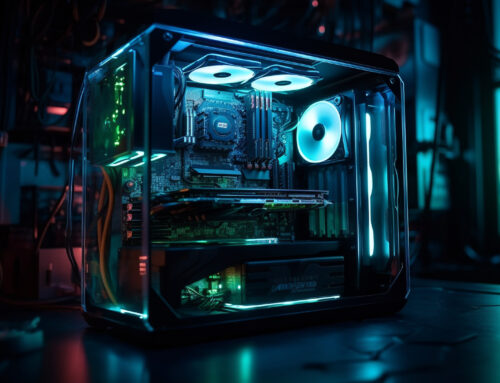What to look for in a Gaming Laptop
Although nothing beats a solid desktop gaming set-up, the rise of the gaming laptop enables gamers to take themselves wherever they want. Game on the train or game at your friend’s house – the world is your oyster.

Laptops which aren’t designed for gaming often won’t be able to handle the heat generated by your hardware when gaming. Gaming laptops are made to support the latest games with dedicated graphics cards, effective cooling systems and enhanced specs.
There are some key areas you should pay attention to when considering your new gaming laptop including:
- Cost
- Display
- Graphics card
- Processor/RAM
- Keyboard
- Memory & storage
- Ports & inputs
How much will a gaming laptop cost?
This will depend on which games you are playing. For games which don’t require high-end graphics, you could get yourself a decent gaming laptop for under £1000. However, if you require something which can run all the latest games and is set up for future games you will be looking at roughly anywhere between £1000 to £3000.
What specs are non-negotiable?
Even if you are working on a tight budget, you should always consider the following spec:
- Ensure you get at least 16GB RAM, anything less will slow your games down significantly reducing your enjoyment.
- Make sure your laptop has a good GPU – most games are dependent on this & cannot be upgraded in laptops.
- Avoid 4K resolution as this will also slow down your gaming capabilities due to slow refresh rates as well as increased cost.
- Get yourself a good keyboard
- Get as much battery life as you can. Gaming laptops rarely get more than 8 hours of power, so be prepared to connect to the power supply to get the best performance.
Why is display important?
The display is a vital part of your gaming laptop for response times and refresh rates. A good gaming laptop will offer you 120Hz. Response time is also important – too low and your laptop won’t be able to keep up with fast-paced games, too fast and you may face problems when responding quickly to a game’s actions.
Graphic cards
Graphics cards of GPU may be the most important element of your gaming laptop. Most standard laptops don’t even have a graphics card, but instead have a small GPU built into the CPU. These standard laptops should be avoided for gaming purposes, as they will not be powerful enough to run games smoothly.
You should ensure to choose a gaming laptop with an NVIDIA GeForce graphics card.
For entry-level performance, you will want to choose: RTX 3050 Ti or RTX 3050.
Mid-range: RTX 3060
High end: RTX 3080 Ti, RTX 3080, RTX 3070 Ti or RTX 3070.
The best NVIDIA GeForce gaming graphics cards are in the 30 series GPUs. These are powered by Ampere and have new Ray Tracing Cores, Tensor Cores and streaming multiprocessors giving you a huge leap in performance.
What processor and RAM should my gaming laptop have?
The best options for your next gaming laptop are Intel and AMD for your processor. Your processor (also known as a CPU) is an essential part of your laptop, dealing with interpreting data before displaying it on the screen.
When it comes to RAM, the more you have the better – allowing your computer to efficiently retrieve information, improving speed and gaming performance. As previously mentioned, you will need at least 16GB of RAM to ensure good performance. It is also worth noting that anything lower than DDR4 is too old for gaming.
Why do I need to consider the keyboard?
Most gaming laptops will have a more compact keyboard than your desktop set-up. So, it is worth noting that if you are a more competitive gamer, you can simply plug in any USB keyboard to your gaming laptop.
Look out for macro keys, anti-ghosting, n-key rollover and backlighting.
How much storage will I need?
When considering if you need a hard drive or SSD, our advice would be to get both. SSDs often outperform older HDD’s using flash memory to electronically read and write blocks of data without moving parts.
Generally, SSDs can load programs and files faster and cut down on start-up times. As well as this, they also consume less power than a hard disk which will boost your battery life.
Your gaming laptop should have at least a 500GB SSD at a minimum, however, you can never really have too much storage for a gaming laptop.
What about ports & inputs?
More ports on your gaming laptop allow for more options when expanding the functionality of your laptop. Some key ports to look out for include:
- Display (HDMI)
- Thunderbolt 3 technology
- USB
- Audio
- Ethernet
- SD
At Techfident, you can find the gaming laptop of your dreams, as well as all the other kit to go with it.

For example, the Acer Nitro 15.6-inch gaming laptop which comes with Intel Core i7-11800H, 16GB, 512GB SSD and NVIDIA RTX 3060.
Check out our gaming hardware.




